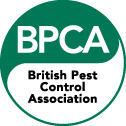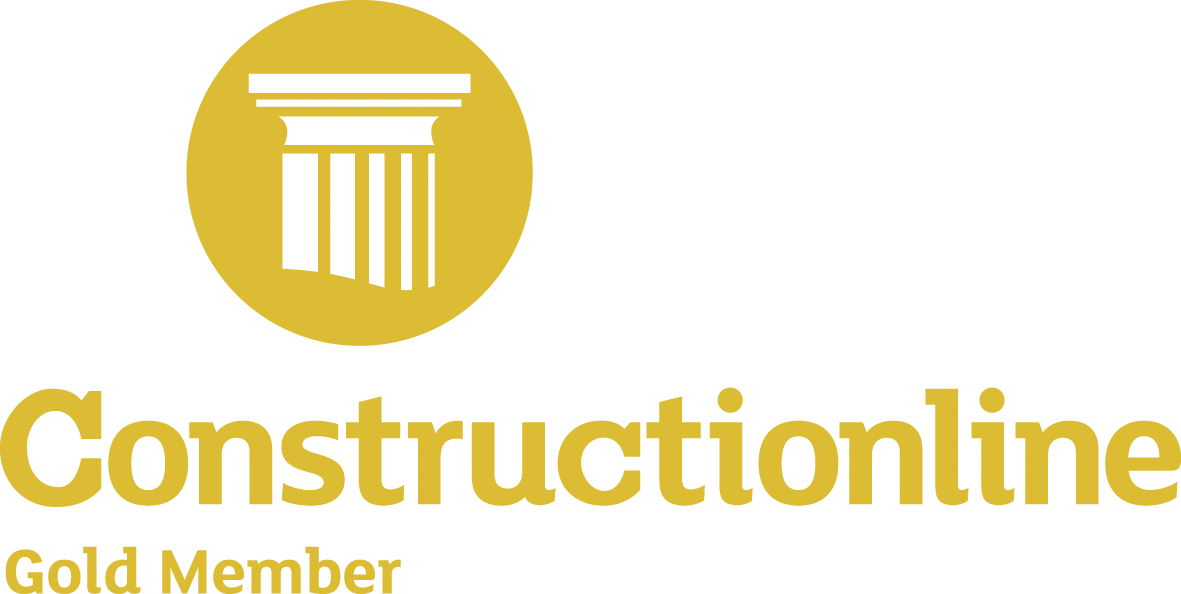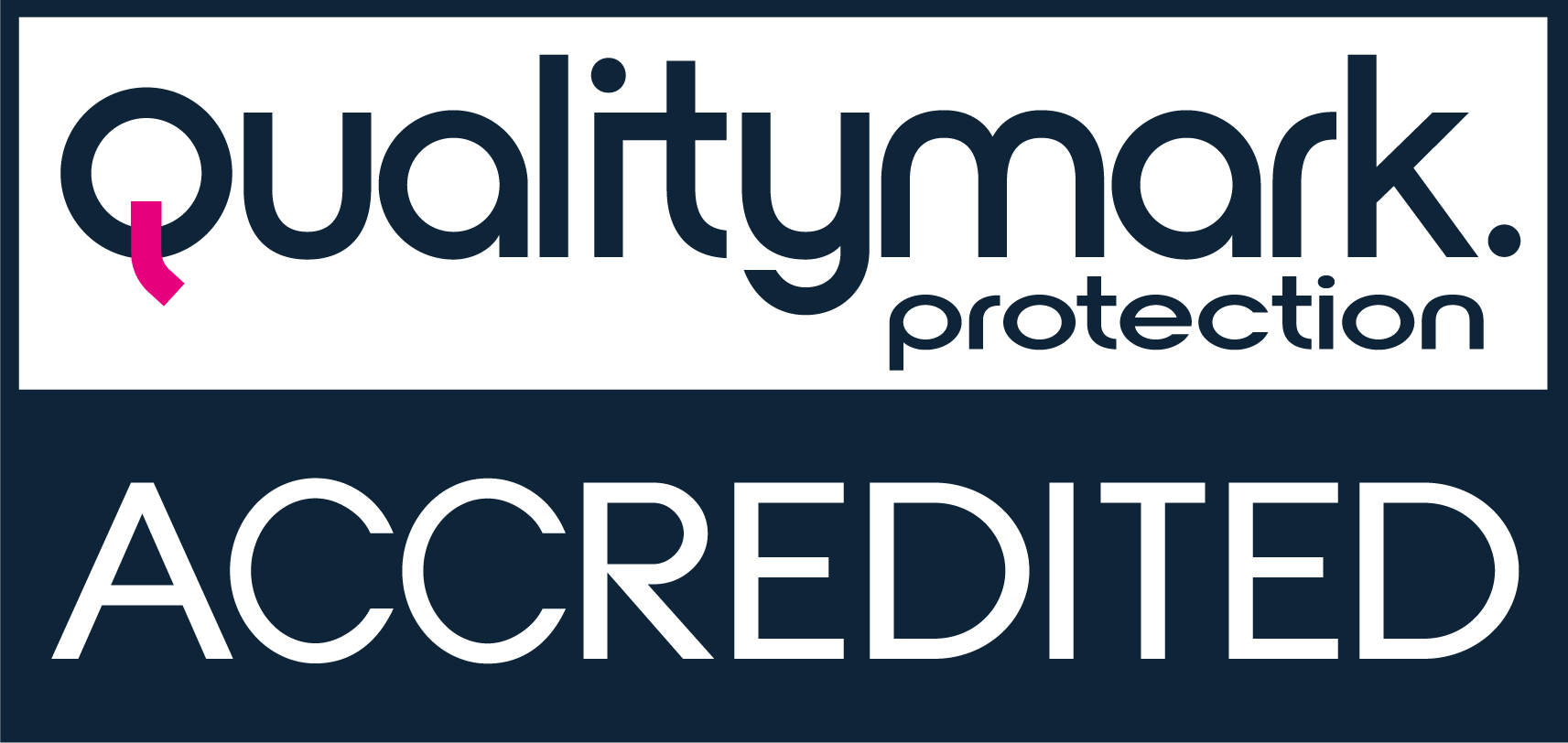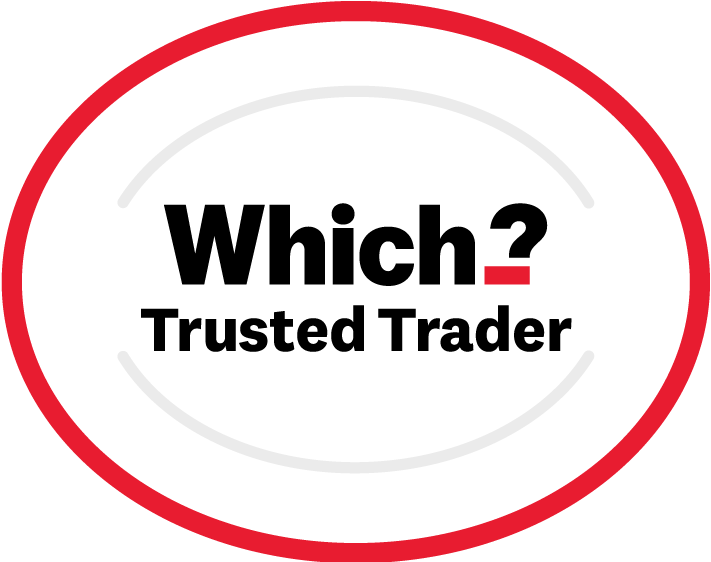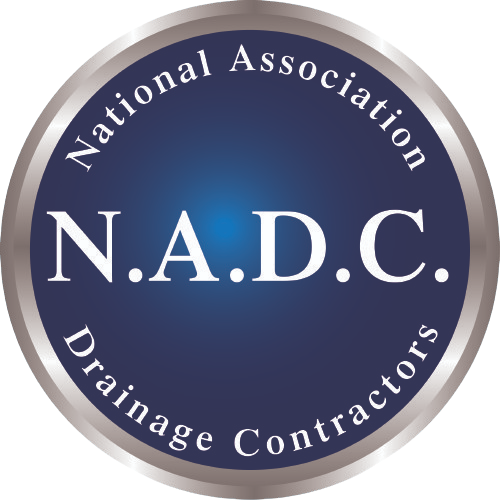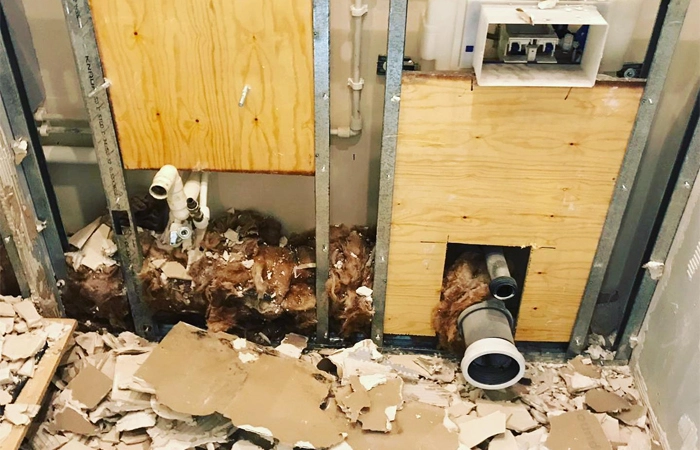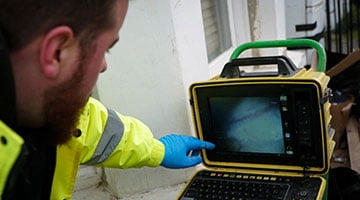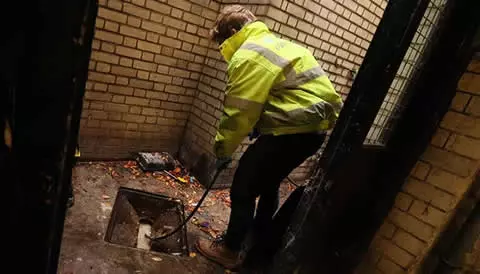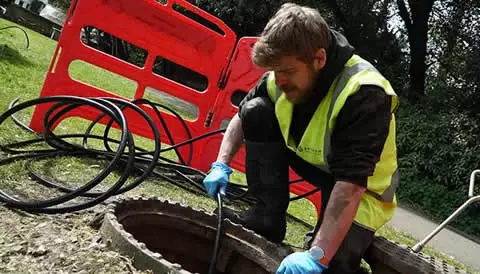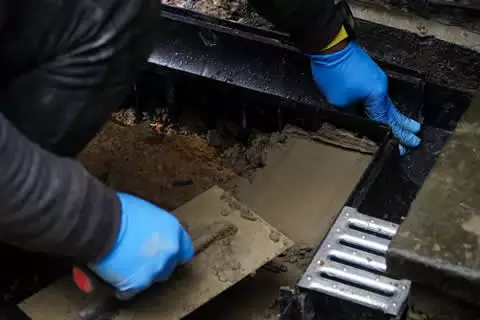Luckily, our expert drainage engineers have seen it all when it comes to blocked drains, so we know the best way to avoid the hassle of slow drainage and blockages! Here is a quick guide to what you should NOT be putting into your drainage system if you want to keep your drains clean and clear, and how we can help if you’re experiencing further problems.
The main culprits of blocked drains are usually household items that you may be using daily and then disposing of incorrectly, and since your kitchen and bathroom drains in particular get a lot of use, they are often the first to show signs of blockages. The more aware you are of what you should not be putting down the drain, the more likely you are to avoid any of the pesky side effects of clogged pipes! Here are some of the most common items that cause buildup that can easily be avoided in the future:
Fats and grease are often some of the first things that are put down the kitchen sink when cooking. Unfortunately, these fatty substances can congeal and create a layer of fat within the pipes that can slowly build up and cause blockages and fatbergs. Next time you make bacon, or decide to dispose of frying oil, be sure to eliminate it in a way that does not involve pouring it down your drains! Your wallet and drainage system will thank you for it later.
Even if you have a garbage disposal in your home, bits of food waste can still make their way into your drainage system and cause backups. Tea leaves, coffee grounds, and eggshells are particularly destructive as they are not water soluble and take much longer to decompose. Because of this, they can create blockages over time that result in slow drainage. Pasta, rice and flour based products can also be tricky, as they expand when wet and can stick to the sides of drains, making them more likely to create blockages. The best solution is to avoid putting any of the elements down your drains all together, and instead throw them away, or invest in a compost!

